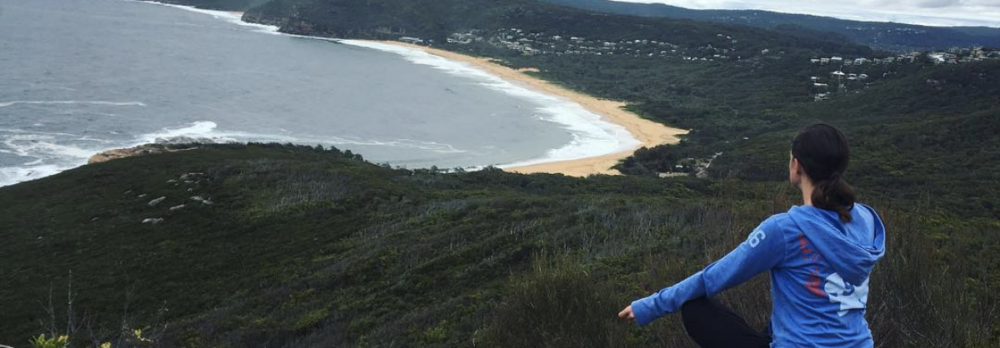Here at Invitation to Health, we talk a lot about self-compassion. We believe that loving yourself is an essential step in the wellness journey.
Most of us understand the importance of compassion to others. We notice when another person is suffering and make the decision to treat that person with kindness and care. Self-compassion is treating ourselves with the same kindness and care we’d treat someone that we love. It is not self-indulgence. It is not self-pity. In fact, it is an essential step to move past difficult situations in our life.
Self-Compassion and Your Health
Caring for and forgiving yourself has been shown to have a positive effect on relationships, induce healthier actions and lead to improved overall well-being. Research has linked self-compassion with better mental health, including lower levels of anxiety and depression. Kristin Neff, a leading researcher on self-compassion, has shown that, even more than self-esteem, self-compassion is associated with greater emotional resilience.
Additional studies have associated self-compassion with healthier eating, more exercise, smoking cessation, likelihood to seek appropriate medical care, and other measures of health-promoting behaviour.
How do You ‘do’ Self-Compassion?
Self-compassion involves three main elements: mindfulness, common humanity and self-kindness. This is expressed beautifully by Christopher Germer, psychologist and author, “With self-compassion we mindfully accept that the moment is painful, and embrace ourselves with kindness and care in response, remembering that imperfection is part of the shared human experience.”
5 Ways to Practice Self-Compassion
When we’re starting out practicing self-compassion, it can be hard to change the pattern of our thoughts. But there are ways to break the cycle!
- Feel your feelings. If you have a habit of ignoring your emotions, it can be difficult to make the leap to self-compassion. Create a safe space – either alone, with a trusted friend or therapist – to write or talk through your difficulties and allow your feelings to surface.
- Label your experience. When you notice your thoughts are turning negative towards yourself, acknowledge this without emotion. “Oh, that’s my mind judging.” This helps you to avoid spiralling into negativity.
- Rewrite your story with you as a (resilient) survivor. The stories we tell are important in shaping our feelings about our experiences. It can be helpful to reshape your history focussing on what your struggles have taught you and how you’ve grown.
- Meditate. There are many different meditation styles to suit everyone. Mindfulness meditation helps with the practice of observing (and not becoming attached to) our thoughts. Loving-kindness meditation (metta bhavana) cultivates love in the heart. Kristin Neff’s website offers wonderful guided meditations, including the Self-Compassion Break and Affectionate Breathing.
- Practice self-care. It’s often easier to be gentle on yourself when your cup is full. Figure out what is good for you, and then make time for it! Take a walk in the bush. Pour your heart out to a friend. Get a massage. Turn up the music and dance. Or try some yoga poses like The Five Tibetans.
How do you show yourself compassion? Join the conversation on our Facebook Page.



